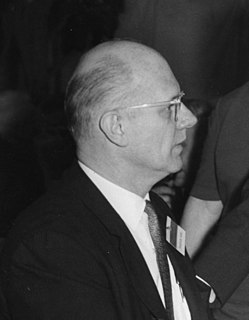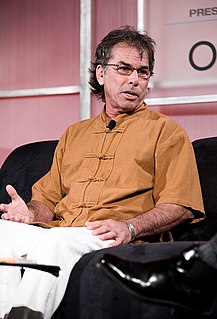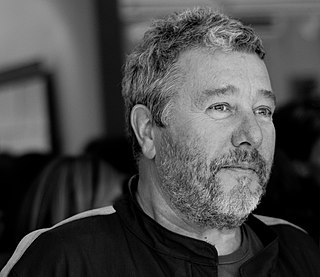A Quote by Frederick Seitz
Essentially all civilizations that rose to the level of possessing an urban culture had need for two forms of science-related technology, namely, mathematics for land measurements and commerce and astronomy for time-keeping in agriculture and aspects of religious rituals.
Related Quotes
Mathematics has two faces: it is the rigorous science of Euclid, but it is also something else. Mathematics presented in the Euclidean way appears as a systematic, deductive science; but mathematics in the making appears as an experimental, inductive science. Both aspects are as old as the science of mathematics itself.
I cite a good example, say, of agriculture, .. In agriculture we need to move with speed to bring to full utilization the land that is now in our possession. We need to curb aspects of corruption that are endemic in the economy. We need to be transparent in everything that we do. We need to be consistent in implementing the policies we would have agreed. And not implement policies one day and reverse them the other day.
A number of aspects of mathematics are not much talked about in contemporary histories of mathematics. We have in mind business and commerce, war, number mysticism, astrology, and religion. In some instances, writers, hoping to assert for mathematics a noble parentage and a pure scientific experience, have turned away their eyes. Histories have been eager to put the case for science, but the Handmaiden of the Sciences has lived a far more raffish and interesting life than her historians allow.
In our civilization, there are permanent forms which are part of every epoch and every culture. They are not especially difficult to detect. A minimal knowledge of physics, astrophysics, and perhaps mathematics, brings to light certain patterns that make these subjects easier to understand. It is striking to see the extreme similarity between these scientific propositions and the forms that recur in all times, places and civilizations.
I have a friend — or had a friend, now dead — Abdus Salam, a very devout Muslim, who was trying to bring science into the universities in the Gulf states and he told me that he had a terrible time because, although they were very receptive to technology, they felt that science would be a corrosive to religious belief, and they were worried about it… and damn it, I think they were right. It is corrosive of religious belief, and it’s a good thing too.
Women have an important role in agriculture. We need to introduce technology, which will help us harness the potential of women in agriculture. We need to divide the agriculture sector into three parts- regular farming, farming of trees and animal husbandry. If we are able to do this, the contribution of our women will increase even more.




































